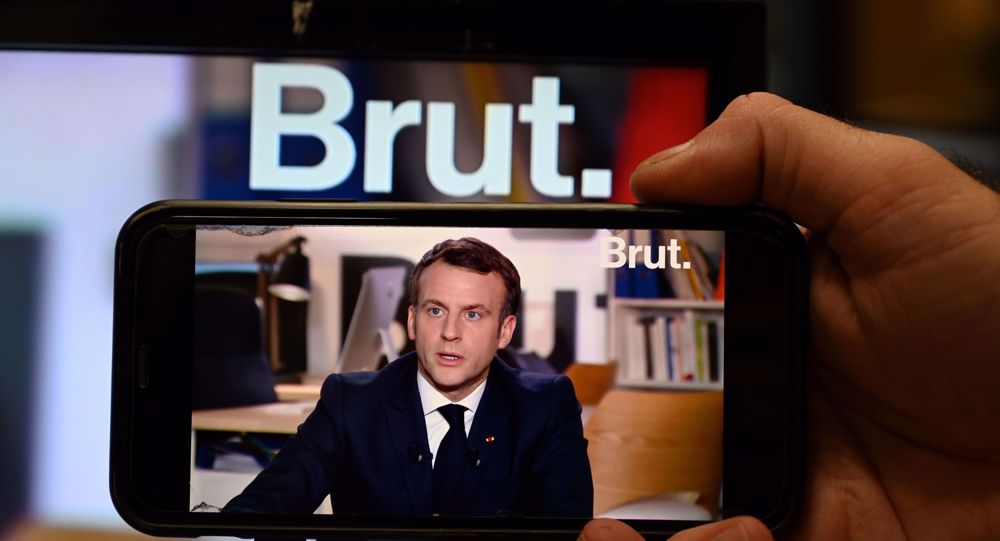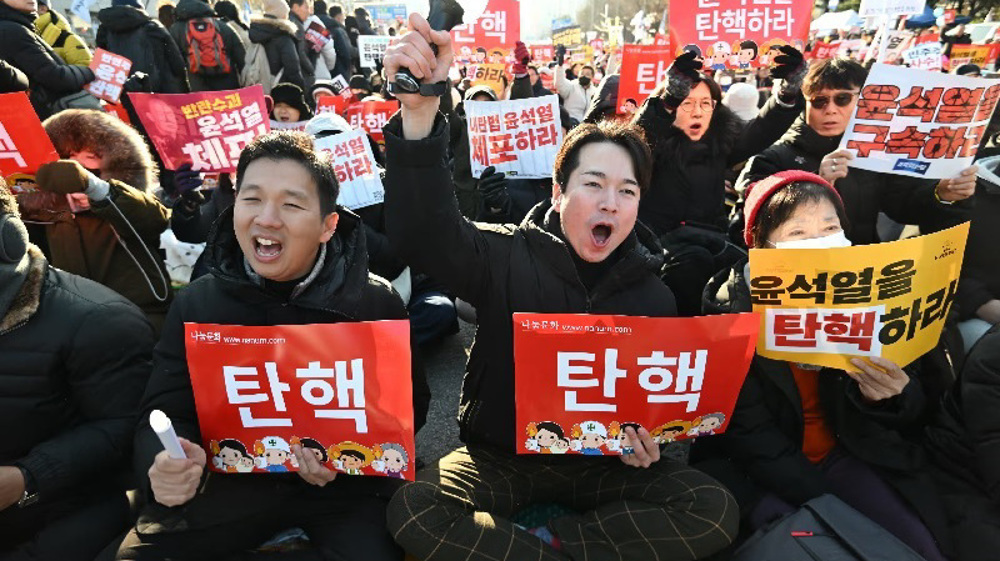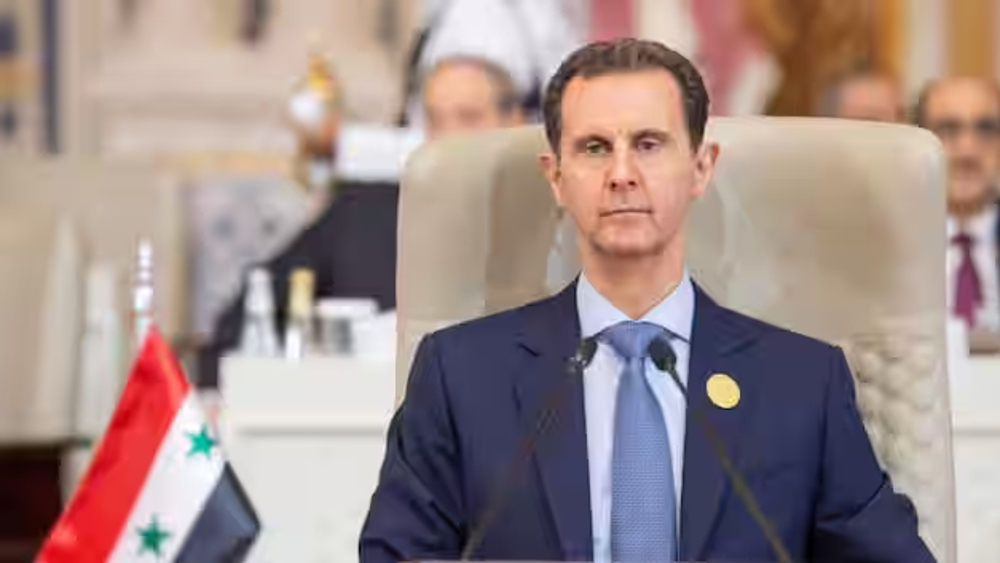Law passed banning photographs of on-duty police officers being published
The bill also increases the surveillance powers of the police, introducing high tech measures such as drones and facial recognition cameras to monitor the people of the country, something that has sparked a wave of protests against the bill, and indirectly at the Macron government.
The French police are one of the toughest and most brutal in Europe when it comes to the use of force, with multiple examples of this demonstrated by the likes of the Compagnies Republicaines de Securite, or the elite CRS when dealing with the various waves of protests that have marred the Presidency of Emmanuel Macron. As a result of the law the French public and media have turned to real time technology to film the brutality demonstrated by the French police and security apparatus.
The resulting anger demonstrated in various protests across the country against the bill, has quite rightly angered the French who expect some form of transparency in the way their country is run, how the public services such as the police deal with situations, and also important, is the notion of being able to justify such use of force, which as we saw in the US with the murder of George Floyd, only takes a moments lapse in concentration to breach the thin blue line.
With the ability to film and photograph any moment with the use of smart phones and cameras, the French appear to want to hide the actions of the police, meaning Article 24 of the new bill now makes it illegal to distribute images of police officers on duty, especially if it may “harm their physical or mental integrity”, but what about the integrity of the officers acted out their duties, should that not also be something that should be open to scrutiny?
Systemic police brutality
A recent example of Police brutality in France is the recent removal of migrants who were camping in Place de la Republique in the 12th Arrondissement of Paris. Bystanders and witnesses described the amount of force used by the police as “shocking”, once again raising the question as to just what kind of security apparatus the French government wishes to deploy?
Yesterday we set up tents there, but then something terrible happened: the police arrived and started beating people. Although the French people supported the immigrants, which we are grateful for, the police also beat them. The police forces had no mercy. We had thought they were humane people, but unlike ordinary people of France, they are not like that at all.
Murtaza Khademi, Afghan Migrant
But for many lawmakers in France, the introduction of the bill is also being met with some opposition, in particular within the French parliament, with one lawmaker claiming that whilst it is acceptable that police officers should be able to complete their jobs without being threatened or harassed, at no point should public freedoms be breached, claiming that this bill, may not change much at all even when introduced.
Filming of police illegal, police brutality acceptable
It seems that France is very confused when it comes to deciding what is “legal” and what is against the law. For example, the filming of police is now illegal, yet police brutality is accepted. Delve a little further, and France is also inundated with polar opposites when it comes to integration, with anti-Semitism being highly condemned, yet Islamophobia and the publication of offensive cartoons being labeled as “free speech”.
We agree that it is completely unacceptable that police officers could be subject to harassment and death threats, which sometimes really happen. But what you are proposing with article 24, even in the government’s rewrite of the bill, which for us is only a matter of communication, will be completely inefficient to protect and is truly dangerous for our fundamental liberties. This will pose multiple constitutional problems.
Paul Molac, French Lawmaker
In a nation that has seen so much division over the last three years, one has to now legitimately question whether the policies and laws being passed by the Macron government are dividing France at a rate that may see further civil unrest, and more importantly for the egoistic Macron, cost his place at the Elyseé palace when the next Presidential election is due.
A divided nation
When the people took to the streets during the French Revolution, the motto following the toppling of the bourgeoisie became indoctrinated into the values that France still claim true today, namely the famous three words Liberte, Egalite and Fraternite, or Freedom, Equality and Fraternity.
Yet today, in modern France under Macron, all three of the coined terms appear to have less meaning as the freedom to film the actions of the police in public places has been taken away, the equality between classes grows ever wider as Macron protects his elite friends from taxes at the expense of the masses, and fraternity is a joke as religious, racial and social discrimination run rife in France.
The division in France has never been greater when it comes to religion, with France currently embroiled in yet another controversy as the publication of offensive cartoons depicting the Prophet Mohammad has been labeled as “freedom of speech” by Macron, much to the distaste of many who have taken to the streets around the world to protest this, and leaving religious leaders in France calling for some notion of unity, proving that Islam is a religion of peace.
The situation is serious in France today, we are under attack from everywhere, people are calling for the murder of the French, so we have to react and I think that those in charge of the mosques, those in charge of the Muslim faith, must today get up on the bridge and show that we are citizens, that we absolutely want to defend our religion, our country, which, for me, there is no incompatibility between Islam and citizenship, between Islam and The Republic, between Islam and the French nation.
Chems-Eddine Hafiz, Rector of the Grand Mosque of Paris
With Macron also causing huge division within France on other fronts, with the increase in duty on fuel sparking the yellow vest movement, and the failed policy on reforming the pension scheme costing the regular worker thousands of euros, it seems that with every step Macron takes, the more unpopular he becomes, with the so called “security” bill just passed protecting the police, further cementing the fact.
It can be argued that Macron is the most unpopular President France has ever had, even surpassing the legacy left behind by Francois Hollande, as he divides his country, favors the elite, angers the international community and essentially washes away his chances of being re-elected, needing a miracle over the next 2 years if he is really able to save his extremely fragile grip on his country.
President Yoon Suk Yeol to be removed from office
At least 19 Gazans killed by Israeli airstrikes since dawn: Medics
Leader: Iran neither has nor needs proxy forces
US fighter aircraft shot down ‘in friendly fire’ amid aggression on Yemen
Yemeni FM: Israel’s sponsors accountable for ongoing aggression on Sana’a
Eight Palestinians killed as Israel attacks Gaza school, hospitals
VIDEO | Rome, Milan host new protests in solidarity with Palestinians
Dec. 21: ‘Axis of Resistance’ operations against Israeli occupation














 This makes it easy to access the Press TV website
This makes it easy to access the Press TV website